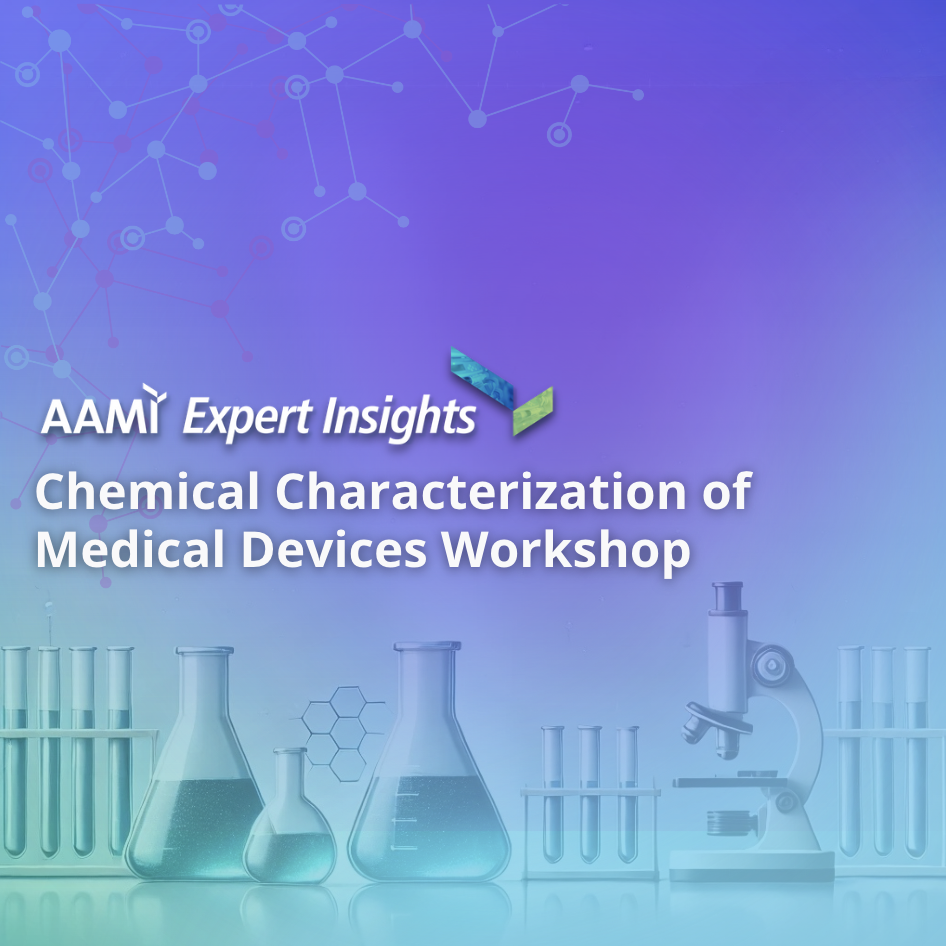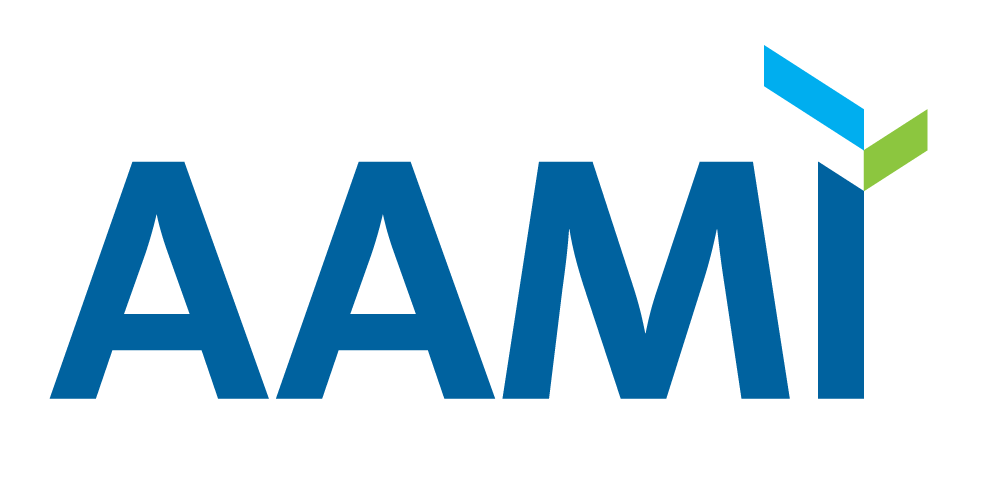Chemical Characterization of Medical Devices Workshop

Upcoming Virtual Courses
Overview
This course provides an in-depth exploration of the chemical characterization process essential for assessing the biocompatibility of medical devices. Participants will gain insight into the latest regulatory expectations worldwide, with a focus on compliance with ISO 10993-17, ISO 10993-18, and industry best practices. The course will cover key areas, including the fundamentals of polymers and materials science, the extraction and data collection process for extractables and leachable’ s (E&L), and the toxicological risk assessment of E&L data. Through a structured curriculum, participants will learn to navigate the complexities of chemical characterization step-by-step, ensuring they can effectively address regulatory requirements and enhance the safety profiles of medical devices.
Objectives
Over the course of sixteen (16) hours, the attendee/learner will be able to:
Understand Fundamentals for Polymers/Materials Relatable to Medical Devices:
- Gain a solid understanding of polymer science fundamentals, including the differences between thermoplastics and thermosets and common potential extractable sources.
- Learn how these factors impact the safety and biocompatibility of medical devices.
Understand Extractables and Leachable’ s (E&L) Profiling of Medical Devices:
Learn the essential practices and methodologies for E&L profiling, including solvent selection, the effects of materials of construction, and the impact of extraction conditions (time, temperature, pH).
Understand how E&L studies are carried out and assess laboratory capabilities to ensure compliance with ISO 10993-18.
Understand Process of the Toxicological Risk Assessments of E&L Data:
Acquire the skills to use E&L data in reviewing toxicological risk assessments (TRA) reports as per ISO 10993-17:2023. This includes grouping chemicals, deriving tolerable intake, and handling chemicals with limited data
Evaluate whether TRAs meet regulatory standards and ensure the safety of medical devices.
What to expect
- Introduction to ISO 10993-1, ISO 10993-17, and ISO 10993-18
- Chemical characterization in lieu of animal testing for systemic toxicity, reproductive toxicity, genotoxicity, carcinogenicity
Extent of recognition of chemical characterization (ISO 10993-18 and -17) in the US, EU, and other regions
Examples of chemical characterization deficiency comments by regulatory agencies
Fundamentals of polymers/materials science
Basics of organic chemistry
Monomer vs Polymers and their relation to medical devices
Common Polymeric Systems: Thermoplastics vs Thermosets
Other Materials (i.e., Metals, Ceramics, Drugs, Biologics)
Polymers Properties and Processing Effect on Extractable/Leachable Profile
Dissolution/Swelling of Polymeric Materials
ISO 10993-18: Extractables and Leachables (E&) & Analytical Chemistry
Basics of Extractions: Solvent Selection, Temperature, Time, pH, Ratios, Materials Effect
Exhaustive vs Simulated Extractions
Challenges with Exhaustive Extraction
Solvent Selection for Extractions
Introduction to analytical chemistry (HS-GC/MS; GC/MS; LC/MS; ICP/MS)
Application and Calculation of AET
Identification and Quantification of Extracted Chemicals
Addressing Unknown Chemicals
Benefit of Priori materials/device assessment
Tips for Screening a Laboratory: Protocol and Report
Toxicological Risk Assessment in Relation to ISO 10993-17
Data Sorting and Cleaning for Risk Assessment (e.g., Grouping Chemicals)
Using TSL vs TI to Establish Chemical Safety
How to find relevant toxicological safety information for an identified constituent/chemical?
Deriving TI and MOS for Chemicals
How to leverage MOS and other literature to determine safety of a chemical for a biocompatibility endpoint?
Handling Chemicals with No Data
Fundamentals of Surrogate Selection for No-Data/Low-Data Chemicals
Tips for a Complete Toxicological Risk Assessment
Case Studies and Practical Exercises
Who Should Attend?
Professionals in the medical device industry with expectations to comment or carry out biocompatibility-related tasks in their position such as:
- Regulatory Affairs and Quality Assurance Professionals
Research, Design and Manufacturing Engineers
Microbiologists and Chemists involved in the evaluation of Medical Devices
Product Managers, Laboratory Managers
Process Development and System Engineers
Toxicologists and Biological Safety Specialists
Virtual Training Information
Faculty

Amir Rahimi, Ph.D., DABT
Subject Matter Expert|Materials Science, Chemistry, Toxicology, and Biocompatibility
